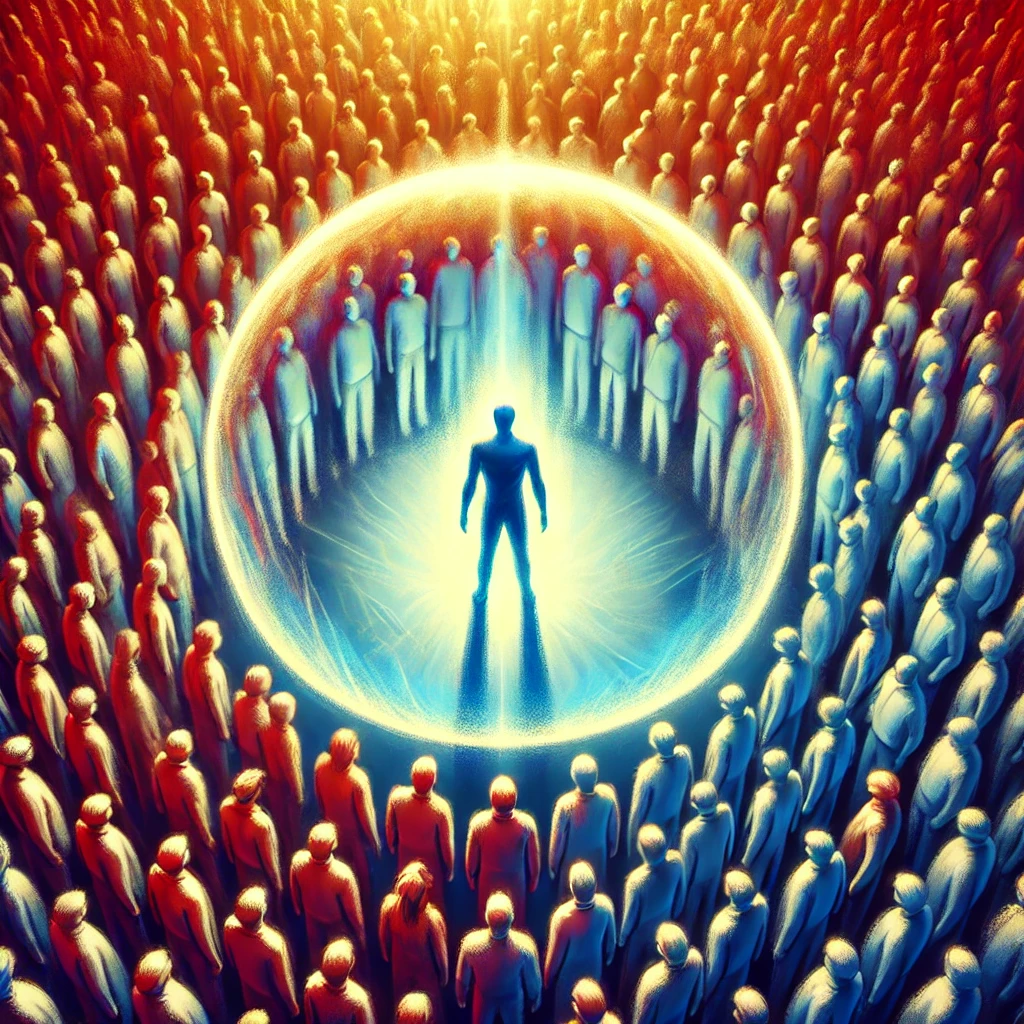What democracy, and rights, are for
August 23rd, 2023

Democracy is popular, despite leading to public policy that doesn’t generally seem to be better (or worse) than that produced by other systems.
As is well known, pure democracy (majoritarianism) leads to tyranny at least as often as other forms of government. In a pure democracy, 51% of voters can, legitimately, torture and kill the other 49% of the population. That’s why every even moderately successful democracy has things like constitutions and “bills of rights” – there are many things even majorities should not be allowed to do, and these are necessary constraints. Some advocates of democracy don’t seem to understand that “human rights” and “democracy” are in tension – rights are things that even majorities may not infringe.
Regardless of the system of government, constitutions, or formal rights, sufficiently large majorities always get whatever they want. Because a sufficiently large majority will always win a civil war.
This unfortunate fact leads to the one really unarguable benefit of democracy – it provides a way for large majorities to get what they want peacefully via elections instead of via bloody civil war. If they’re such a large majority that they’re going to win anyway, far better for them to win peacefully.
Other than that (not inconsiderable!) benefit, I’m not sure there’s anything very good about democracy – it certainly hasn’t been shown to lead to wise governance, honest leaders, or respect for human rights.
I’m not saying citizen’s opinions shouldn’t be taken into account – only that voting directly for specific legislators and policies doesn’t seem to produce especially good outcomes. Other ways may be better.
There have been many proposals to limit or bias the franchise to improve democracy by giving extra weight to more-competent-than-average voters – for example extra votes for military service, avoidance of crime or debt, payment of taxes, marriage or child rearing, education, tests of intelligence, knowledge, or competence, etc. In the unlikely event of their adoption, these might improve the quality of elected officials and of legislation.
But if you take the point of view that democracy is mainly for keeping the peace, these attempts defeat that purpose – tax-paying university graduates with children and without criminal records are unlikely to start or participate in civil wars. Instead, there’s something to be said for limiting the franchise (or weighting votes) according to ability and propensity to make trouble. This is probably why, historically, only landowners and men were allowed to vote – penniless peasants and women didn’t make civil war very effectively. Nor children.
Leave a Reply